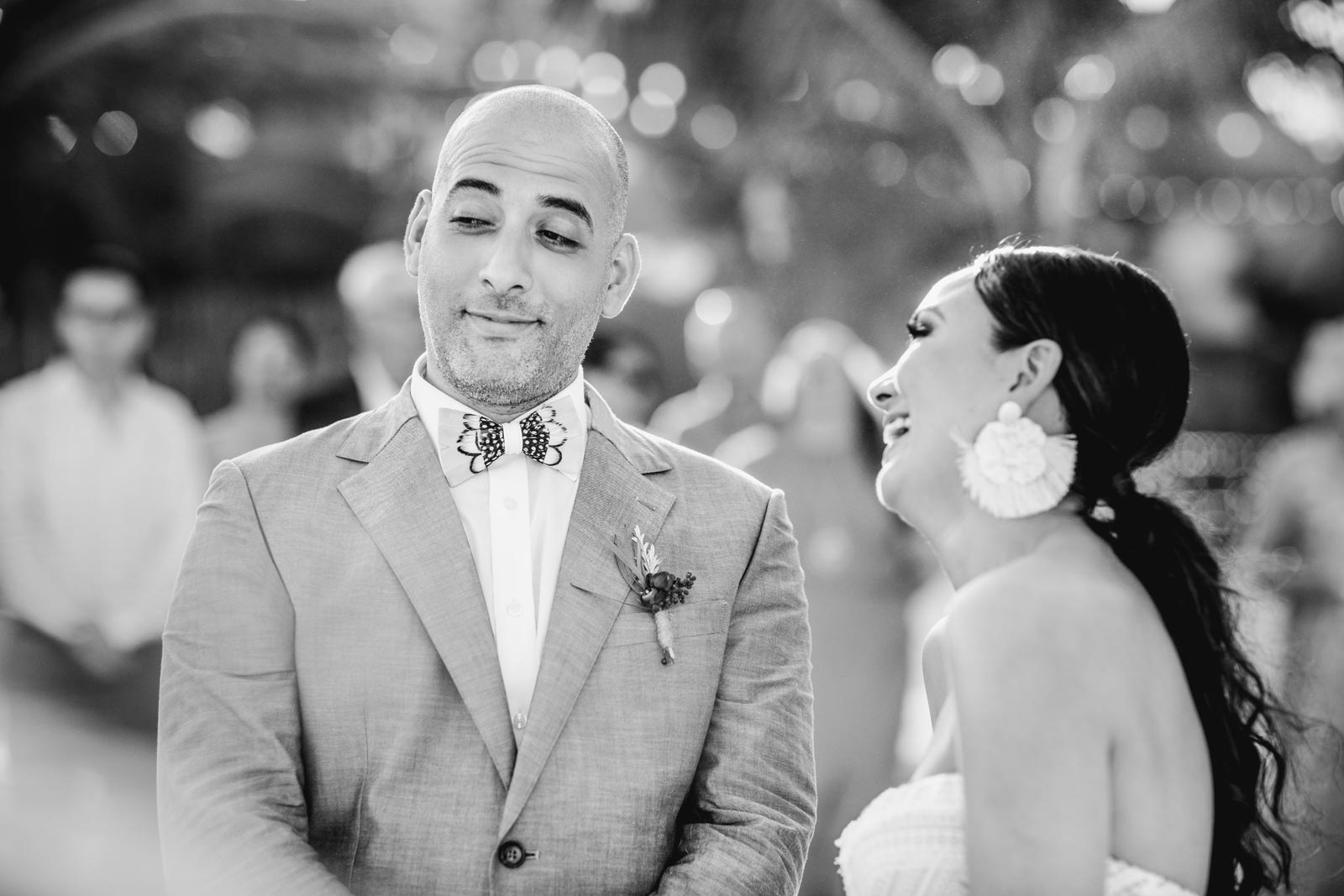We recognize the value of preserving the unique moments on a couple’s special day. To ensure that both parties understand the terms of the agreement, legal protection must be in place, just like in any business. In order to protect both the photographer and the client, we will talk about the value of having a wedding photography contract and offer some advice on what should be written into the agreement.
The Value of a Contract for Wedding Photography
A contract for wedding photography acts as a binding contract between the photographer and the client. It describes the services that will be offered, the payment requirements, and any other significant information pertaining to the photoshoot. Without a contract, misunderstandings and disagreements may occur, which may give rise to legal problems.
A contract also safeguards the photographer’s ownership of their creations. Without a contract, it is against copyright laws for the client to distribute or reproduce the images without the photographer’s consent. A contract may also contain provisions that guarantee the photographer’s ownership of the copyright and grant them permission to use the images in their own advertising.
A contract safeguards both the client’s rights and those of the photographer. This ensures that the client receives the services they are paying for by outlining the requirements for the photo shoot and the finished product. It also specifies the payment conditions, such as the deposit amount and the due date for the balance due, and may have provisions for cancellations and refunds.

What Should Be in a Contract for Wedding Photography:
The contract should include a detailed description of the services that the photographer will offer, including the hours of coverage, the number of photographers, and any extra services like engagement photoshoots or albums.
Payment terms
The contract should specify the total cost of the services as well as the amount of the deposit needed to confirm the reservation. The final payment deadline and any other costs, like travel expenses, should also be stated.
Ownership and Copyright
The contract should contain provisions that safeguard the photographer’s ownership of the copyright to the images. It should also specify the client’s rights to use the images for personal or commercial purposes, such as printing and distribution.
Cancellations and Refunds
The contract ought to contain provisions that specify how cancellations and refunds will be handled in the event of unforeseen circumstances.
Delivery and turnaround times should be specified in the contract, along with the format in which the client will receive the final edited photographs.
Liability and insurance provisions should be included in the contract to shield the photographer from responsibility for mishaps or equipment damage that may occur during the photo shoot. To protect themselves against potential losses, photographers should also be insured.
In order to protect both the photographer and the client, professional wedding photographers must have a written contract in place. The services to be provided, the payment schedule, and the ownership of the photographs are all described in the contract. The contract’s inclusion of all pertinent information can aid in preventing misunderstandings and disagreements. Most importantly, it gives photographers peace of mind because they know that they have taken the proper legal precautions to safeguard their company.
For couples planning a destination wedding in Tulum, it’s essential to find a professional wedding photographer in Tulum who understands the unique charm and beauty of the area.
While this article offers a broad overview of the legal considerations relating to wedding photography contracts, it should be noted that it does not serve as a substitute for legal counsel. To make sure your contract is binding and complies with the laws of your state, we advise speaking with a lawyer who focuses on contract law.
Acts of God, and rescheduling
A wedding photography contract should address the potential for rescheduling because of unforeseen events or acts of God as one of its key components. Things like bad weather, natural disasters, or illness can fall under this category. It is crucial that the contract contain provisions outlining the conditions for rescheduling in these circumstances.
The agreement might state, for instance, that the photographer will work with the client to find a new date that is convenient for both parties if the photoshoot needs to be rescheduled because of an act of God. A clause stating that any deposit paid by the client will be applied to the new date can also be included in the contract.
Refunds should be covered in the contract, as well. Some photographers might decide to only accept non-refundable deposits, while others might give refunds in certain situations. The agreement might, for instance, stipulate that the deposit is nonrefundable but that the client will be entitled to a full refund in the event that the photographer is unable to carry out their end of the bargain because of a natural disaster or other unforeseeable event.
In order for the client to understand their rights and the photographer’s obligations in the event of a cancellation or rescheduling, the refund policy must be made clear in the contract.
It is also crucial to remember that having insurance that covers cancellations and postponements is a good idea for professionals.
To make sure that your contract is binding and complies with the laws of your state, you should speak with a lawyer who focuses on contract law.

What would happen if the photographer lost the photos?
A photographer losing the wedding photos could put both the photographer and the client in a terrible situation. There are many potential causes for this, including faulty technology, human error, and natural disasters.
A case in point is a photographer who lost all the wedding photos due to a hard drive failure. Even though the photographer had insurance to cover the loss, the couple was devastated and the photographer was being sued for failing to deliver the photos.
It is crucial for the photographer to have a disaster recovery plan in place in order to limit the damage. This can involve storing multiple copies of the photos in various locations, as well as performing regular backups of the photos to a safe location off-site.
If there is data loss, the photographer must notify the client as soon as possible and make a free second attempt at the photoshoot. This will demonstrate to the client that the photographer is willing to make things right and is accepting responsibility for the loss.
A clause in the contract that addresses the possibility of data loss and specifies the photographer’s responsibilities in the event of a loss is also crucial. This can take the form of something like a full refund, a second photoshoot offer, or a discount on additional services.
It is crucial to have insurance to cover lost income and potential legal action.
To make sure that your contract and your insurance policy are legally binding and follow the laws of your state, you should speak with a lawyer who focuses on contract law and insurance.
Will the contract be upheld at all times?
A legally binding contract for wedding photography exists between the photographer and the client. It establishes the expectations for both parties and outlines the terms and conditions of the photo shoot. As a result, the contract’s terms must be followed by both parties.
It is crucial to remember that a contract is only as good as the willingness of the parties to abide by it. In some situations, one party may violate the agreement by failing to carry out their obligations or by failing to make payment for the services rendered. The other party may decide to file a lawsuit to enforce the contract in such circumstances.
It’s also crucial to remember that a contract can be changed if both parties agree to do so. If adjustments are required, the parties should agree on them and sign a new agreement or an addition to the current one.
It’s also crucial to remember that a contract can be terminated by both parties agreeing to do so or by one party giving notice to the other in the event of a breach.

How can the written and signed contract be changed?
If both parties agree, a contract for wedding photography may be changed. If adjustments are required, it is crucial to ensure that both parties accept the new conditions and that the adjustments are explicitly stated in a new contract or an addendum to the current contract.
The contract can be modified in the following ways:
Written Agreement
A written agreement is the quickest and safest way to modify a contract. This can be accomplished by creating a fresh contract or addendum that includes the modified clauses, then getting both parties to sign it. This offers a precise and reliable record of the modifications.
Handwritten letters
A contract may also be amended through a handwritten letter if a written agreement is not feasible or convenient. This letter should specify the contract changes, be dated, and be signed by both parties. A copy of the letter should be kept for your records.
Today, a lot of contracts are signed electronically; an email or electronic signature can be used to change a contract. Changes can be made quickly and effectively in this way, but it’s crucial to make sure that both parties have approved the changes and that the email or electronic signature is enforceable.
Regardless of the method used to change the contract, it is crucial that the modifications are understood by both parties, are legally binding, and are made in a clear and understandable manner.
To make sure that the modifications to the contract are enforceable and comply with the laws of your state, you should speak with a lawyer who focuses on contracts.
Is it crucial to use genuine signatures?
Yes, it’s crucial to use genuine signatures when changing a contract for wedding photography. A fake signature can be considered fraud because it is a legal representation of the person’s agreement to the terms of the contract.
The use of a fake signature may have serious legal repercussions, such as the contract’s invalidation or the initiation of a fraud lawsuit. Both parties must authentically sign the contract or addendum with their own signatures.
Use a legally binding method when signing documents electronically, like DocuSign, Adobe Sign, or HelloSign. They offer a safe and dependable way to sign electronically and are generally recognized by courts.
A copy of the agreement or addendum with the parties’ true signatures should be kept for future use in case it becomes necessary to substantiate that both parties actually signed the document.
In order to make sure that the contract complies with the laws of your state and that the signatures are enforceable, it is also crucial to speak with a lawyer who focuses on contract law.
Learning about laws from other nations
It’s critical to be knowledgeable of local legal requirements when it comes to contracts for wedding photography. Every nation has its own contract-related laws and rules, so it’s crucial to make sure the contract complies with them.
However, in general, laws governing contracts are similar across most nations, with requirements for clear terms, consent, and consideration.
If you are a wedding photographer who works internationally, you should speak with an attorney who focuses on international contracts or a local attorney in the nation where the photoshoot will take place to make sure the contract complies with local legal requirements.
It’s also critical to be aware of the various cultural and societal norms, such as traditions and customs, that might have an impact on the contract and the photo shoot.
In order to avoid any legal issues or misunderstandings, it is crucial to be ready and to have a thorough understanding of the laws and regulations of the nation where the photo shoot will take place.
Additionally, it’s crucial to have insurance that will cover any legal issues that may arise from working abroad.
Keep in mind that country-specific contract and photography laws and regulations can vary significantly. To protect your interests and ensure legal compliance, you should always seek legal counsel tailored to your situation and the jurisdiction in which you operate.